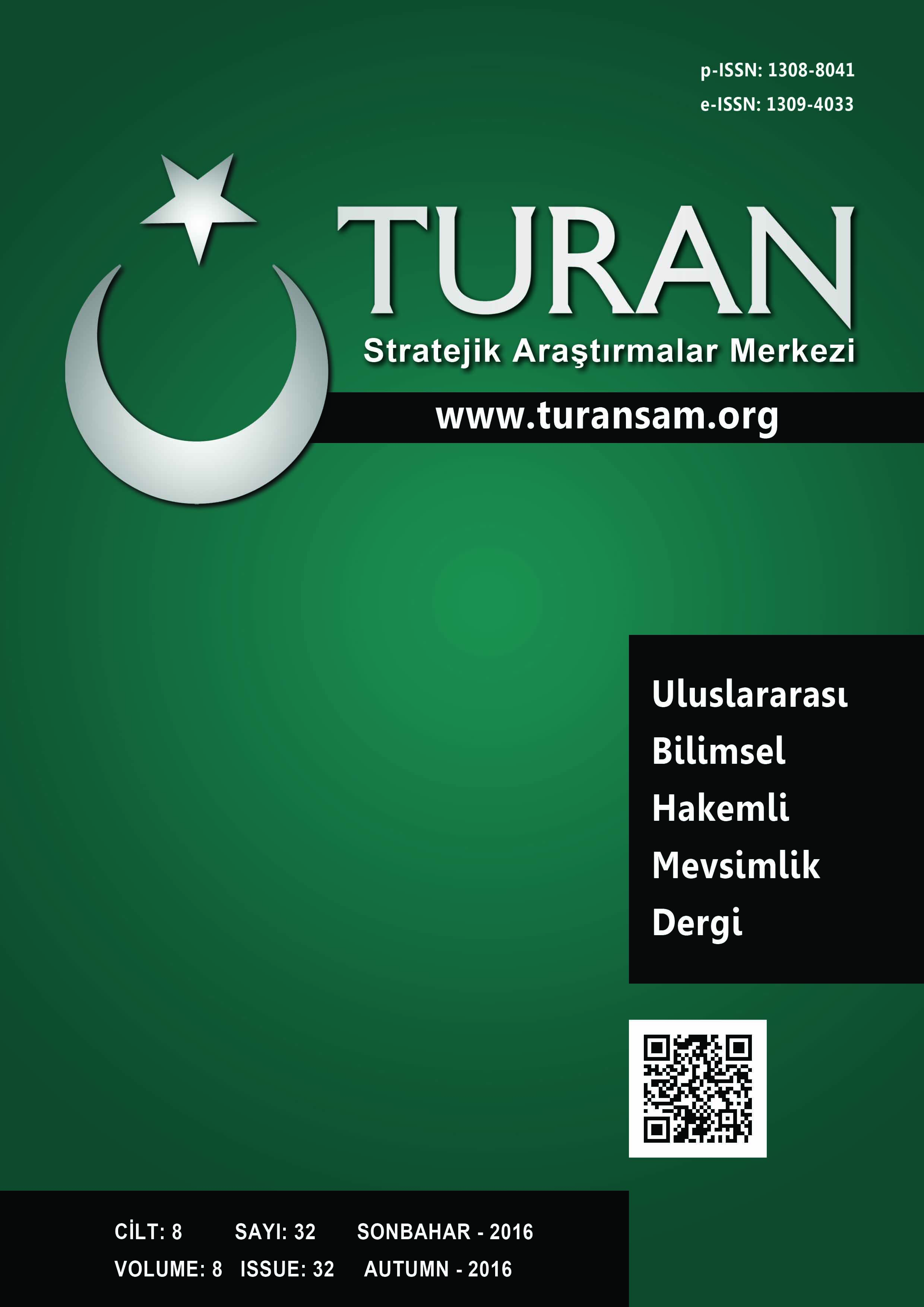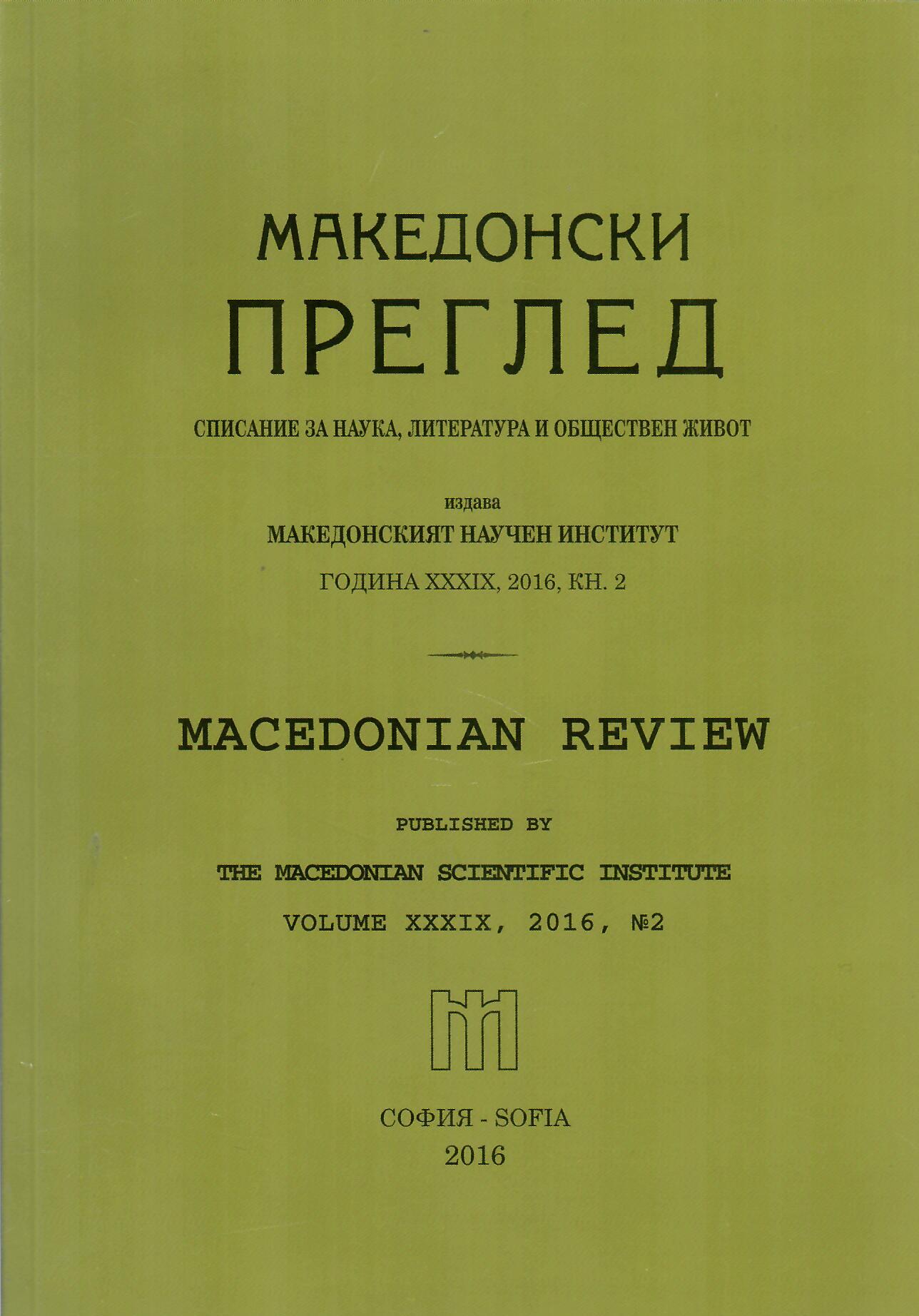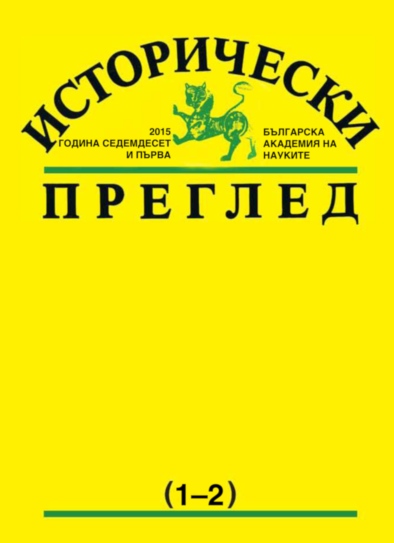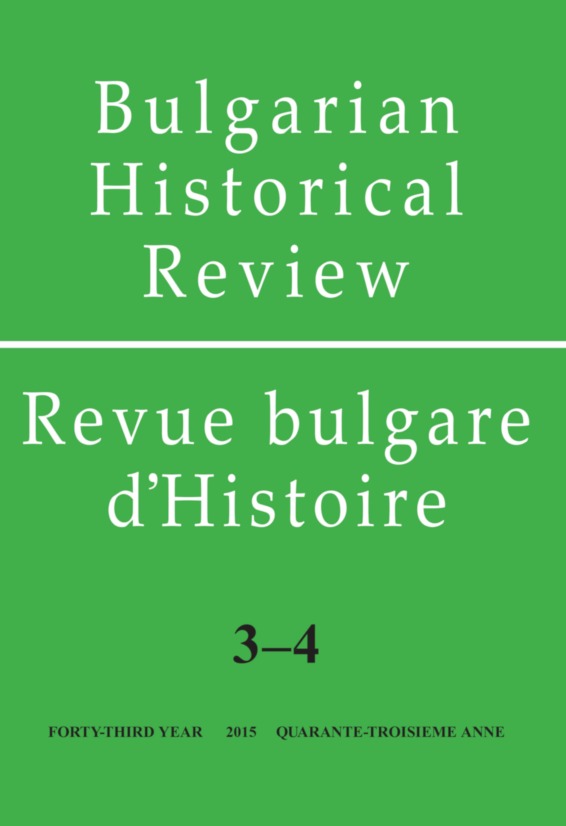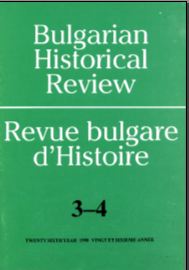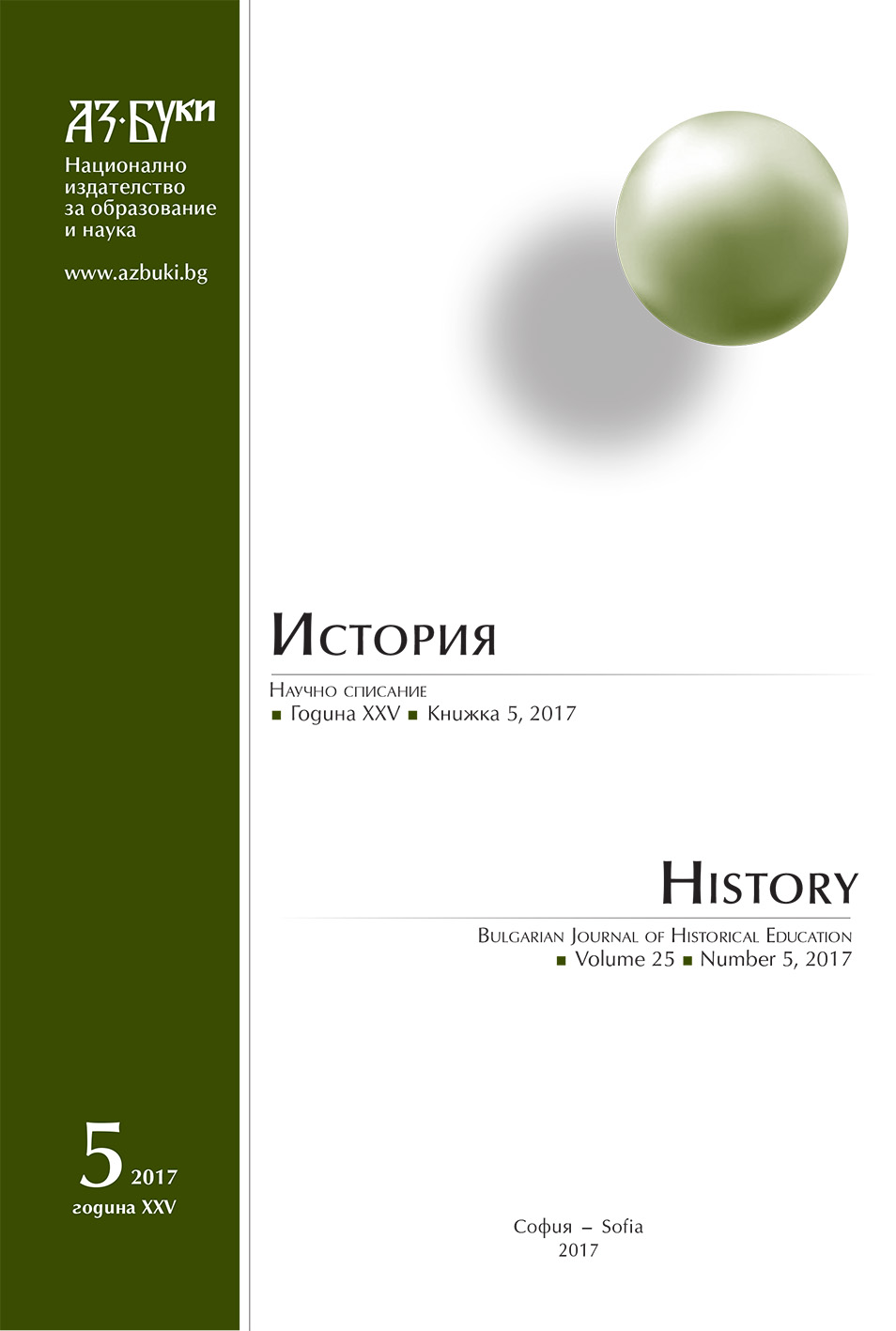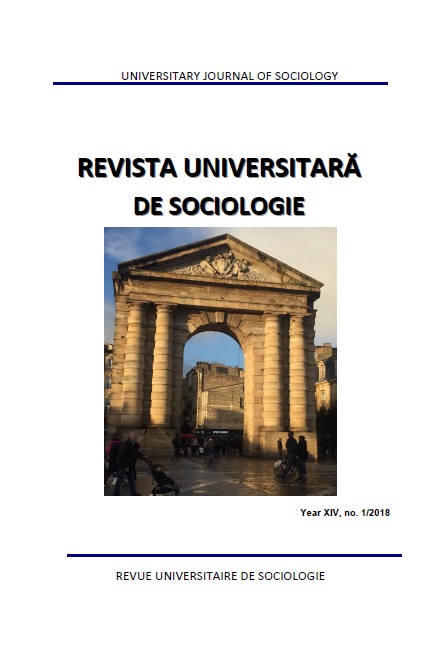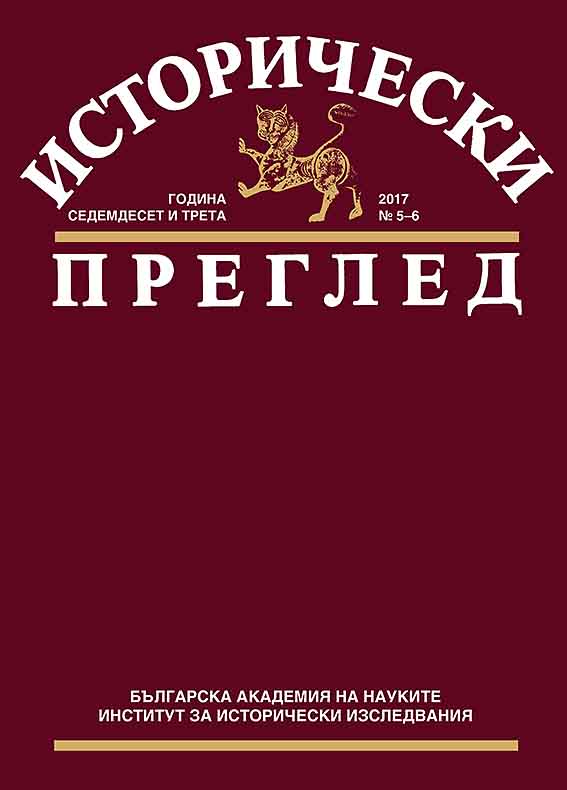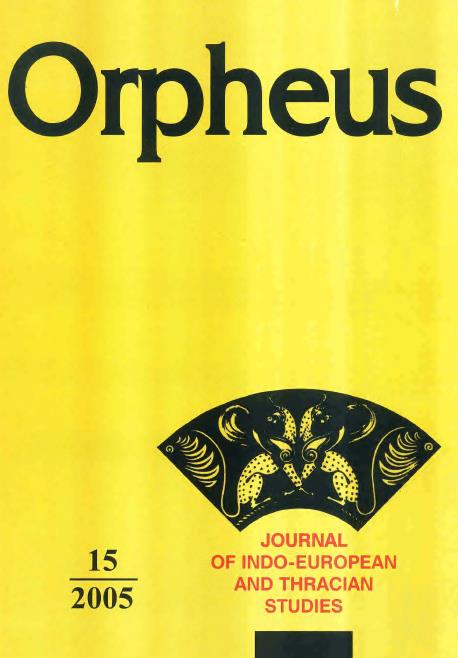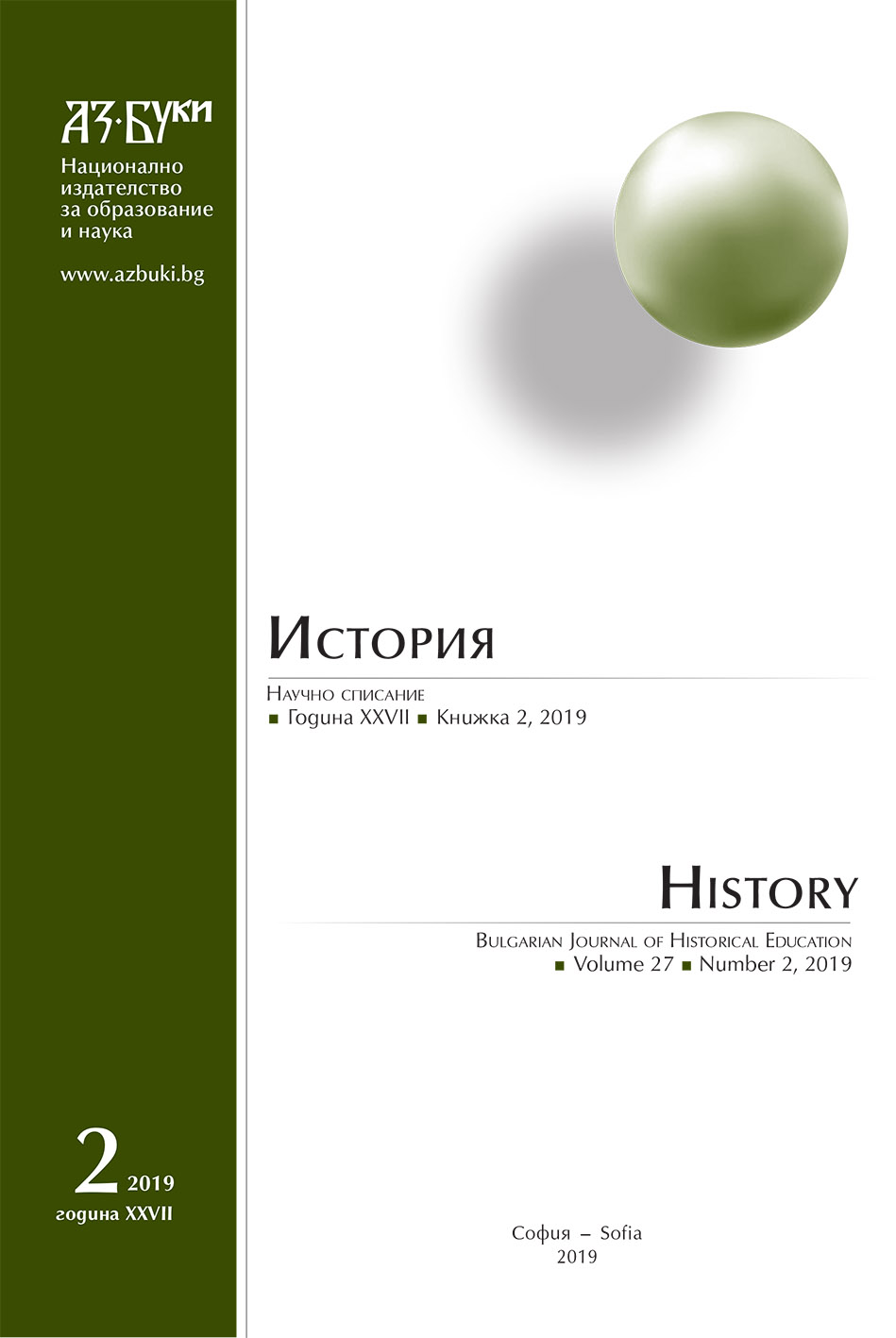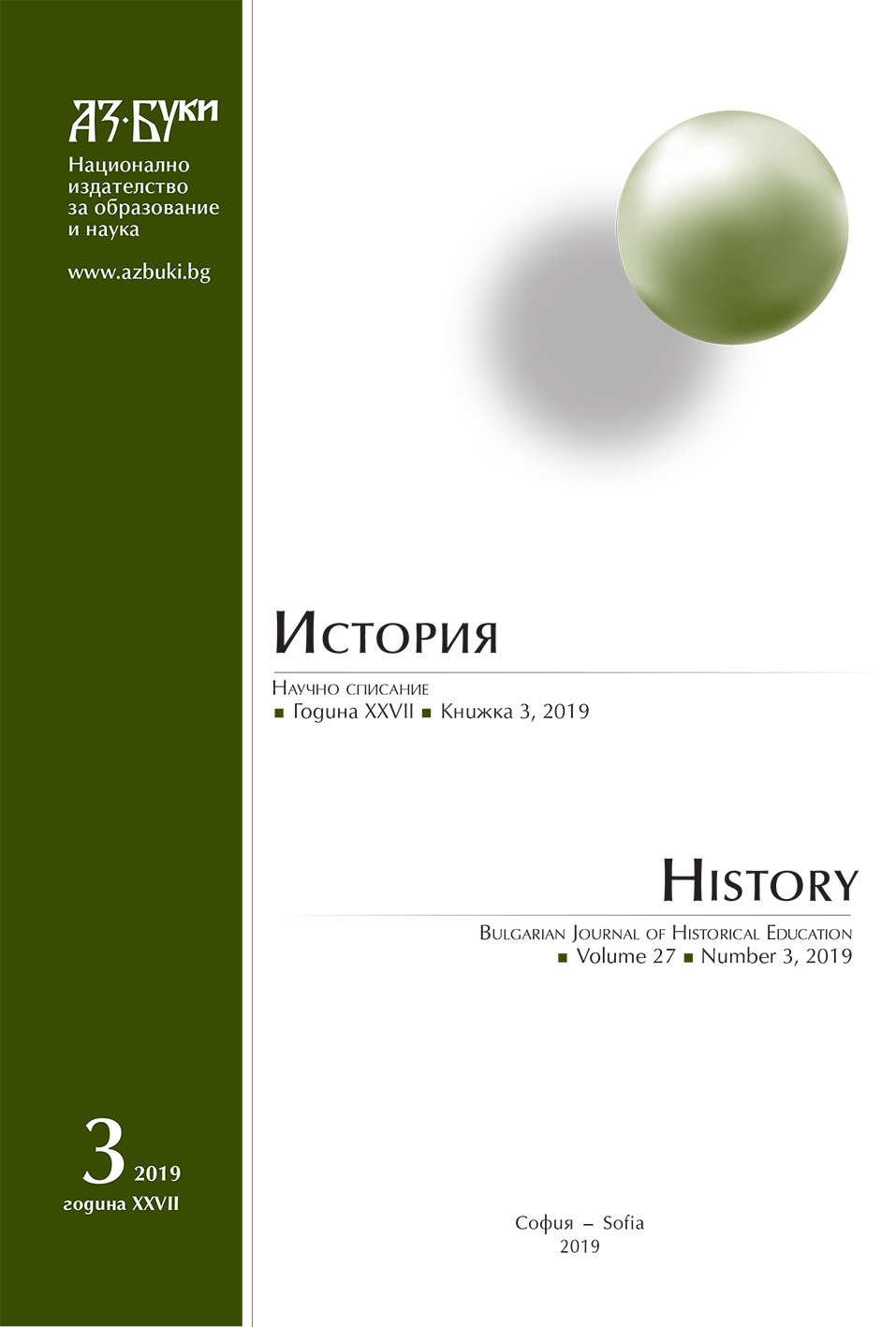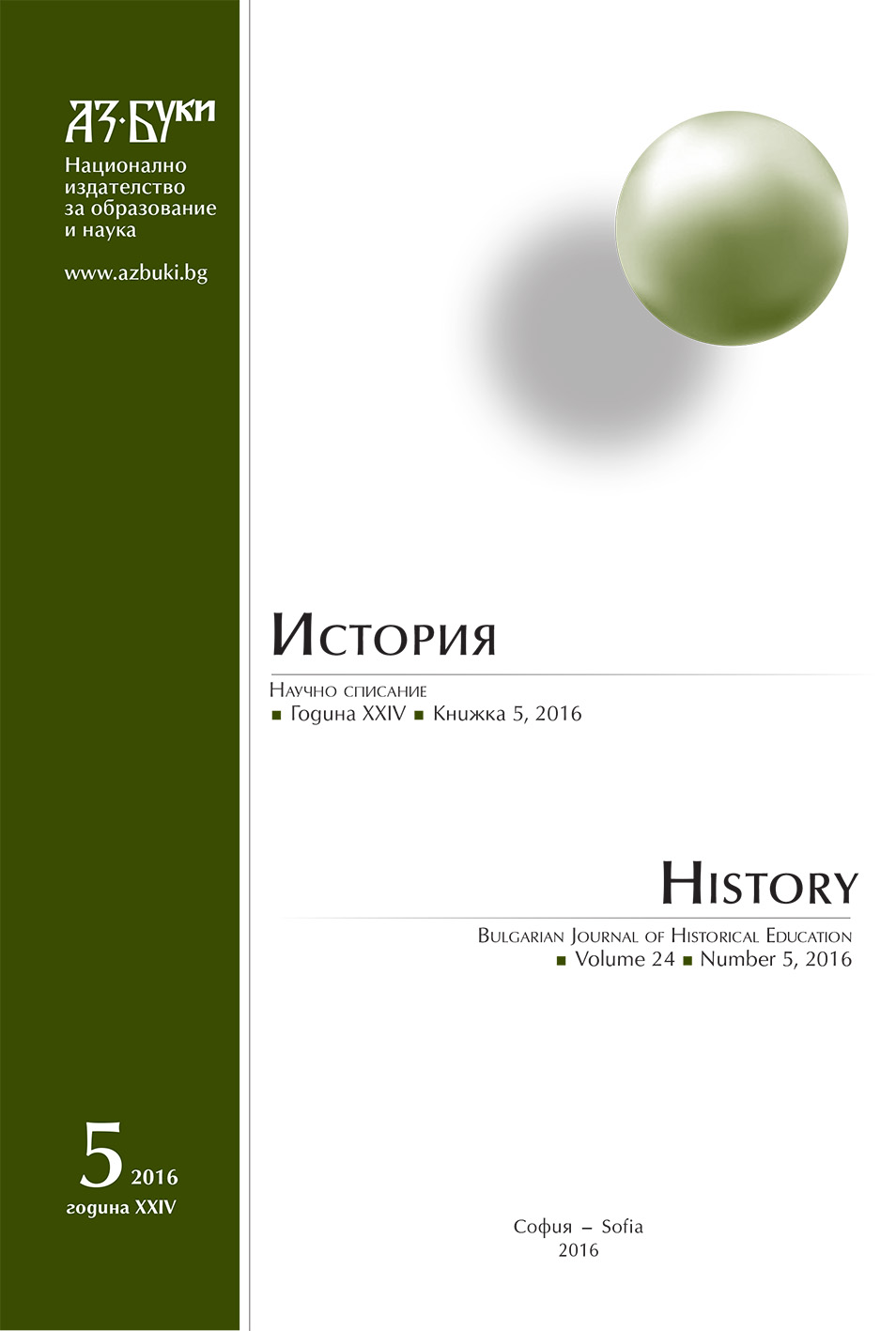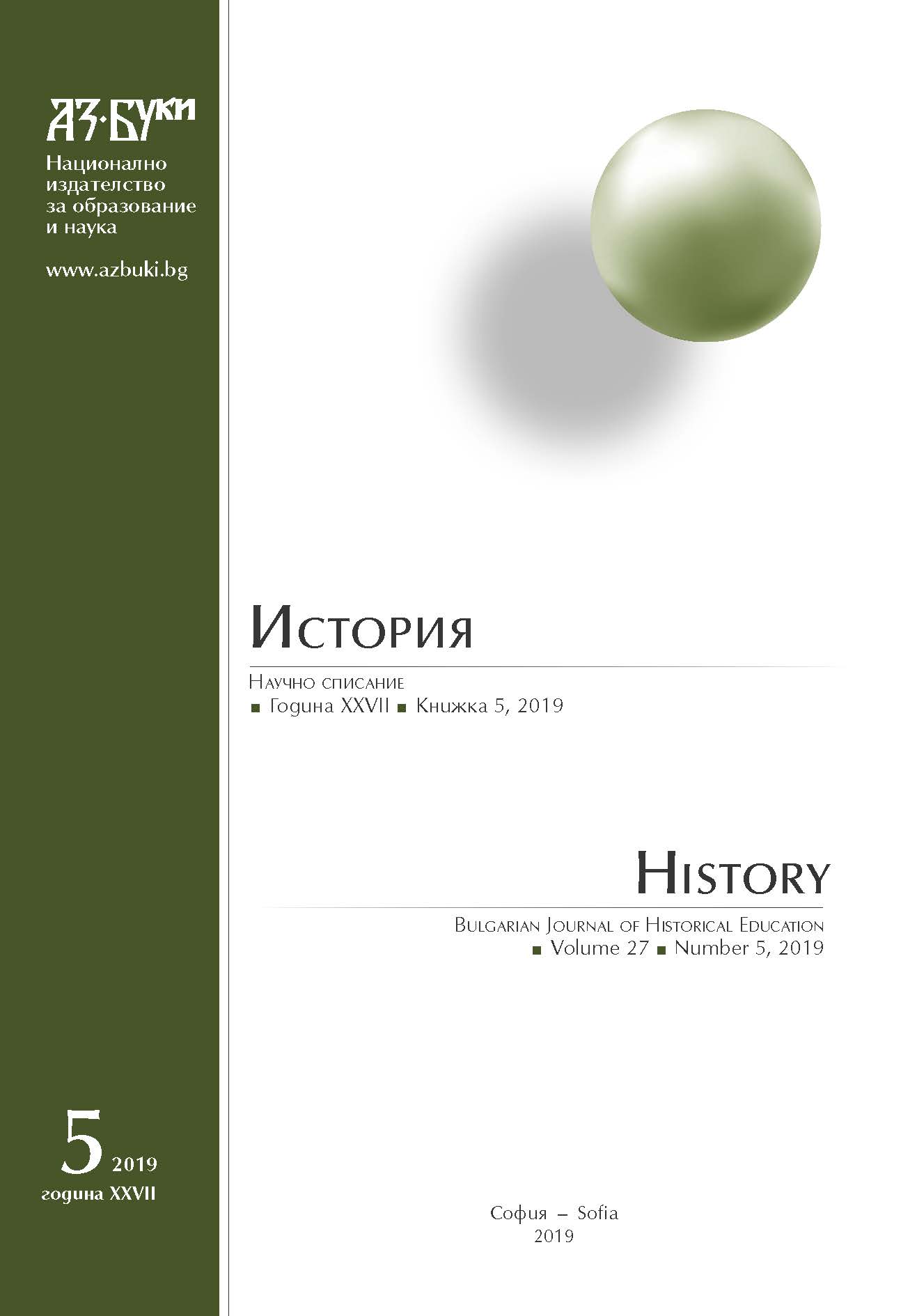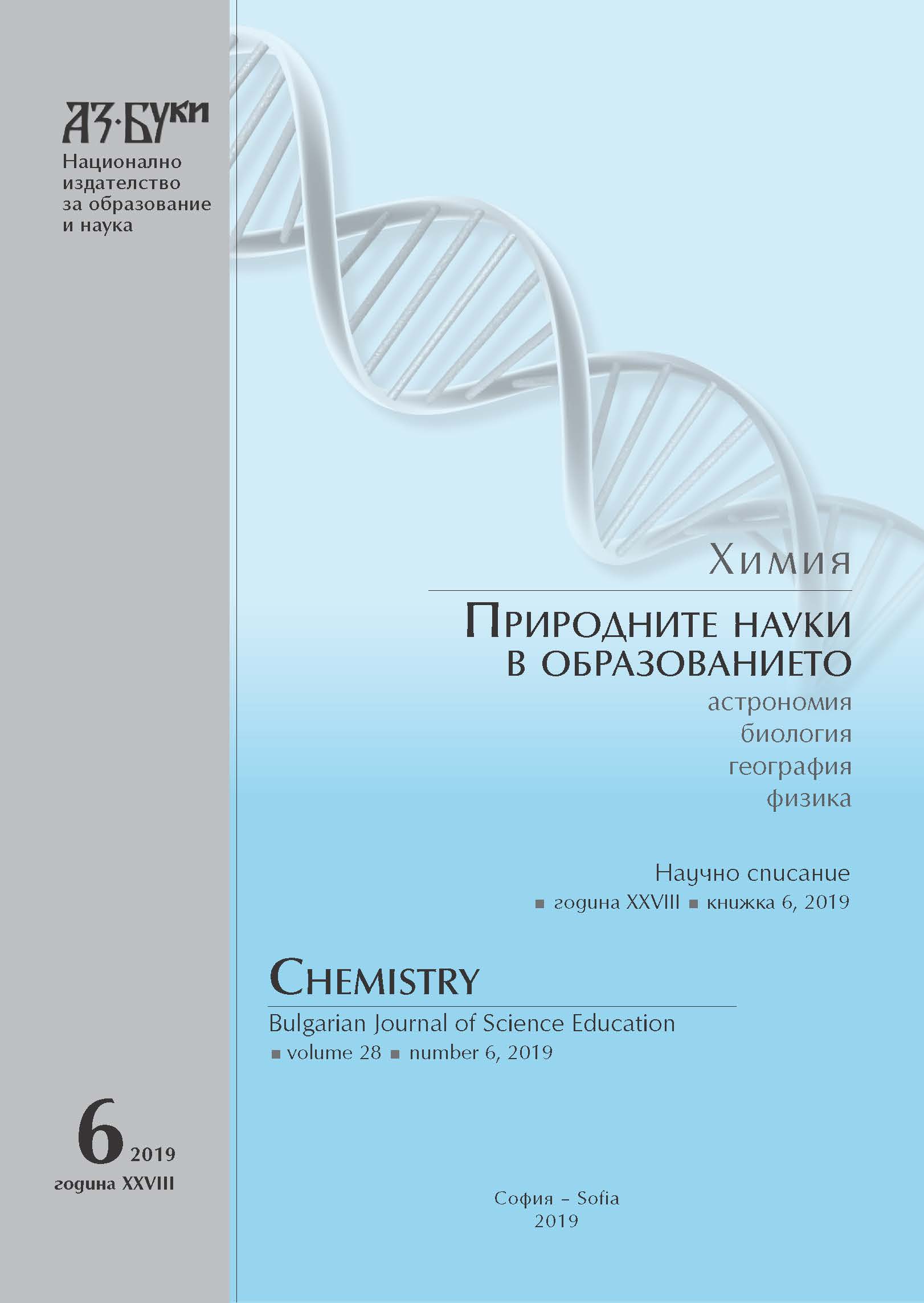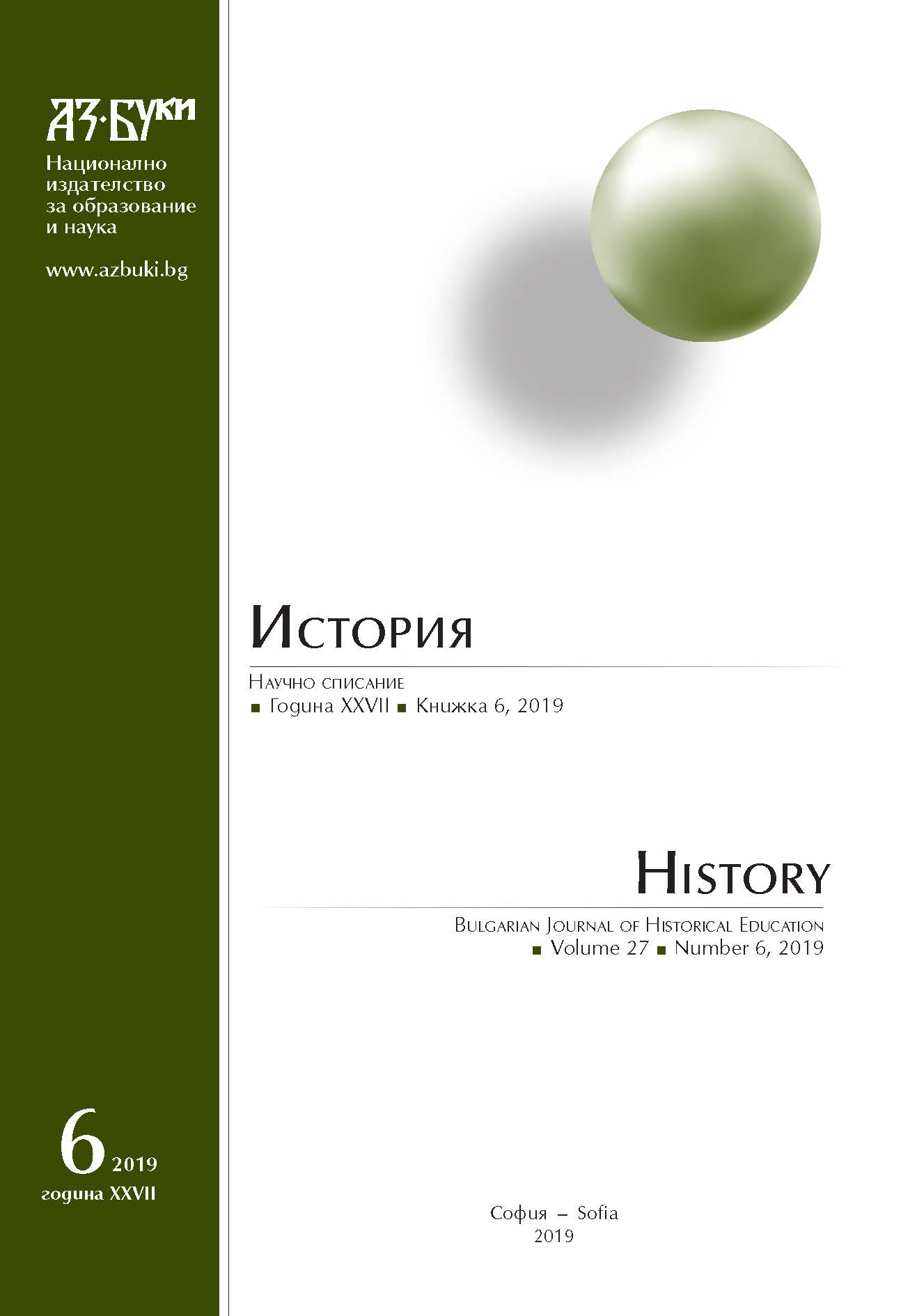Author(s): Evgeniy Kandilarov / Language(s): English
Issue: 3-4/2015
China’s “One Belt, One Road” initiative is designed as a development strategy and framework that focuses on connectivity and collaboration and clearly reads as an ambitious vision for transforming the political and economic landscapes of Eurasia over the coming decades via a network of trade and infrastructure partnerships. The “Belt and Road” run through the continents of Asia, Europe, and Africa, connecting the vibrant East Asia economic circle at one end and developed European economic circle at the other, and encompassing countries with huge potential for economic development. The formation of the 16+1 framework is one of the most. The ‘16+1’ framework as one of the important achievements of China’s diplomacy, refers to different mechanisms and arrangements between China and 16 Central and Eastern European countries. This cooperation framework has been widely accepted in Central and Eastern European countries and has moved on a fast track. The inclusion of the ‘16+1’ cooperation framework into the concept of the New Silk Road (“One Belt, One Road”) is the most important and promising element for the CEEC. The region is predestined to be the Road’s ‘hub’ and can be used during its construction, all the more so because the individual states and cities of the region have been aware of the opportunities connected to it. From the potential and future development of the “One Belt, One Road” initiative the platform “16+1” Bulgaria also expects to deepen cooperation in tourism, agriculture and food, energy sector, science, education and culture. Bulgaria is considered also a leader in the field of information technologies in Southeastern Europe and in the production of components for the automotive industry so it’s another opportunity for future Chinese investment in these emerging sectors in Bulgaria. Bulgaria declares strong commitment to support Chinese companies wishing to invest in Bulgaria in sectors in which Bulgaria has traditional advantages and those that provide high added value and increased competitiveness of the economy – engineering, automotive, electronics, information and communication technologies, chemical and pharmaceutical industry, agriculture and food industry, the creation of industrial zones and hi-tech parks. Bulgaria always emphasizes its desire to attract Chinese companies to invest in Bulgarian industrial zones, which can be obtained support from “National Company Industrial Zones”.
More...
